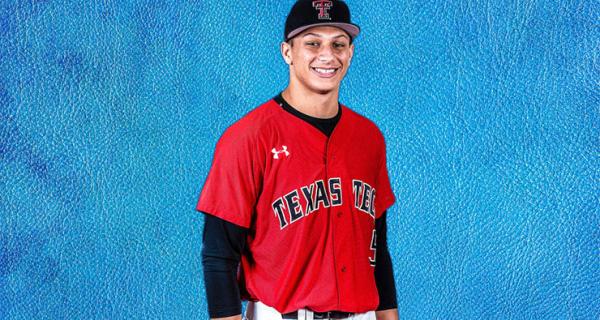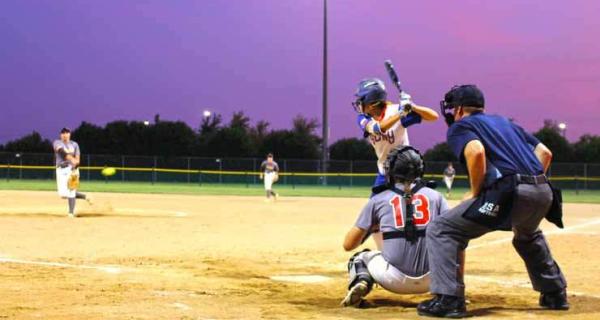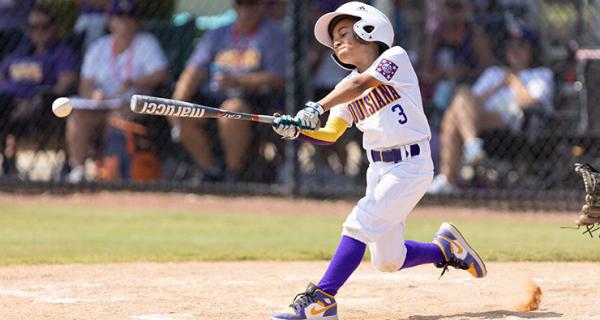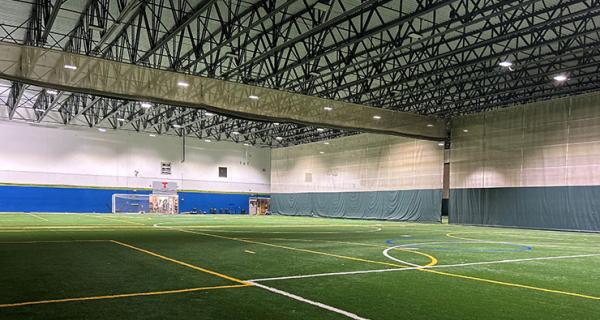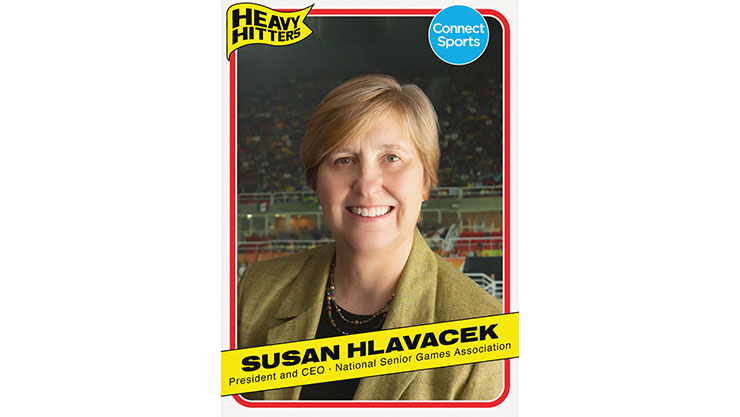
The National Senior Games Association recently took the interim tag off President and CEO Susan Hlavacek’s title, capping off a busy summer that included the organization’s second national event in as many years. The announcement signals a milestone for the NSGA—Hlavacek is the first woman helming the association in its 30-year history—and highlights the commitment to taking the National Senior Games into a new era of expansion and engagement.
All eyes among the NSGA are now turned to Des Moines, Iowa, which has been awarded the 2025 National Senior Games. Those games will mark a return to normal for the Senior Games, which delayed its planned 2021 event in Fort Lauderdale, Florida, a year due to COVID-19, but maintained its 2023 Games in Pittsburgh (softball was held in Columbus, Ohio), this summer to get back on track.
“We have breathing room,” says Hlavacek, an accomplished basketball and volleyball player who has been part of the Senior Games since 2013, when they were in her hometown of Cleveland.
We talked to Hlavacek about the planning that goes into the National Senior Games.
What’s it like having the interim tag removed from your position?
I've been doing it since last fall as the interim, so it was a smooth transition. Now, I can really move forward with new initiatives and work with the staff to start creating our own destiny and strategic plan.
What are some of those new initiatives you have in mind?
We want to get awareness out there and get more people involved in our movement. There's an opportunity for seniors to be involved to stay healthy and socially connected. It's our mission to drive that home for these athletes.
Given the NSGA’s demographics are most at-risk to COVID, how has participation been in the past two Games?
The 2022 games in Fort Lauderdale numbers were high [nearly 12,000]. I think the athletes were locked down for so long that they wanted to get out and participate with their friends and family. So, it was quite exciting to see athletes participating. In Pittsburgh, we had a high number of attendees (more than 11,000) and they were engaged, so it was good.
Fort Lauderdale, Pittsburgh, and Des Moines are very different destinations. How does that affect the planning of the Games?
The planning is very different from city to city you go to because different cities offer different venues and opportunities for the cultural side of the event. Athletes don't just go to a city to participate. They go and take in the culture, visit the museums, and restaurants. There are a lot of different aspects other than the athletic side. I think every city is very, very different in that respect.
What were the main selling points of Des Moines?
It’s in the middle of the States, so I think we're going to see athletes from all over the country. The people are fabulous—very friendly, and outgoing. The venues are wonderful. The airport is 15 minutes away, and everything seems to be within 15 to 20 minutes, which is great. It's easy to maneuver around the city.
What sports are trending in the Games?
I can tell you that pickleball has exploded. We started in 2013 with 300 pickleball players and in 2023, we had 1,600.
How else have the Games changed?
In the past 10 years, we've seen the female population rise in participation numbers. When I first started, it was primarily male, probably 60%, and female 40%. Now, we're seeing it 50-50. I think we're starting to see Title IX athletes becoming engaged in our events. You have to remember we have athletes who are 60 or 70 years old and didn't have sports when they were in high school and college. So now we're starting to see athletes who did have those opportunities. It's been a pretty neat trend to see more female athletes participating.
As a summertime event, how are you handling the effects of climate change such as the extreme heat much of the country felt this year
We can adjust our dates— they can range anywhere from May like we were in Fort Lauderdale to September. We look at the temperature and global warming and everything that's occurring in our country and world. We send out a lot of medical literature, and we stress it make sure you have a lot of water on site. And if we're like when we were in Albuquerque, we talked about high altitude sickness and things like that. We have a pretty intensive medical staffing plan that we work with within a city.




